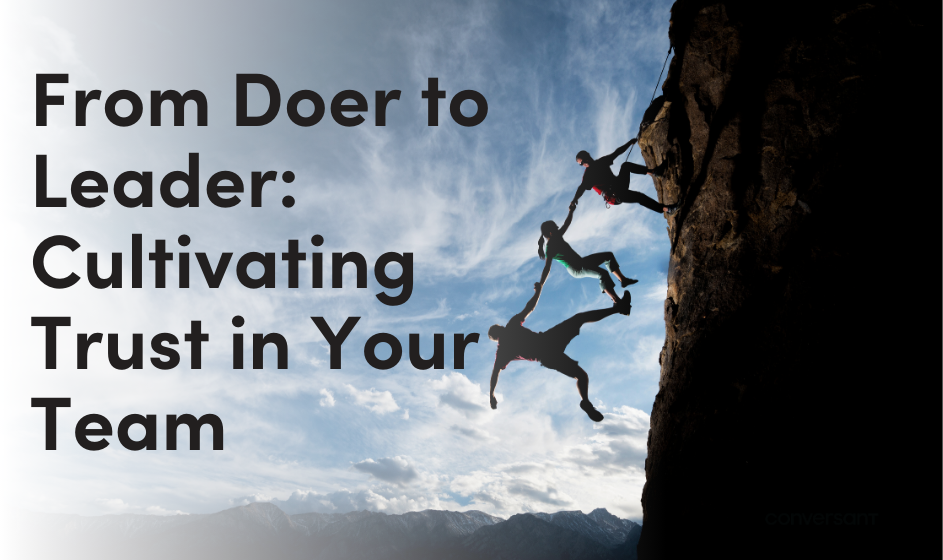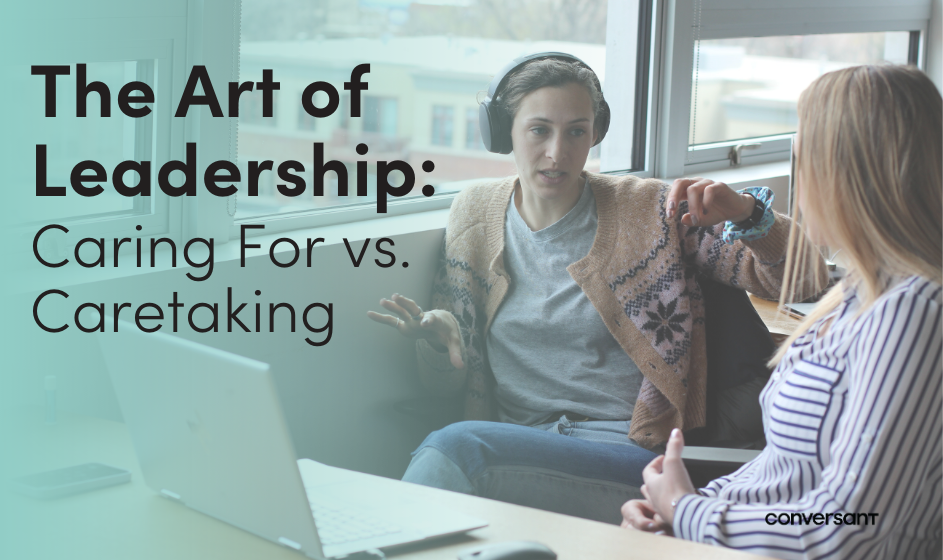Prior to my work on my PhD, I took a two-month trip around Europe. A member of our small group of four drove us in a tiny stick-shift Fiat through small towns on our way from Milan to Florence. Instead of taking the highway, which would have been a 3-hour trip, we ended up making it in about 9 hours. On our way we wound up dead-ending into farms and having to back-track miles, and we even managed to get kicked out of a tiny village by two men with assault rifles. We were being spontaneous and fun.
By the time we got to Florence, it was pitch black and the hostels were all booked save for one campground outside the city. We made our way there, got some food from a vending machine and plopped down on some picnic tables to take in the beauty of the city. Most everyone at the campground was asleep so we only had ourselves to entertain. Sitting on our picnic table was a book. The title: Wherever You Go, There You Are. I proceeded to laugh and mock the book – it seemed so silly that someone at that campground in Florence would have a book like this. What a stupid premise, of course you are wherever you go – what a tautology if I had ever heard one! And I proceeded to rip the book to shreds.
It’s embarrassing to write that sentence. It didn’t really entertain anyone in my group either. Of course, this was going to bite me in the rear, I just didn’t know it yet.
Two years later, I was sitting in a research lab at Columbia digging into the research that defined my time in the program: studying the relation of performance to the feeling of being in “the zone.” I began reading about Mihaly Csikszentmihalyi and Flow states. I began to dip into the world of applied research into meditation and attention, reading Richie Davidson and Francisco Varela. And one day, lo and behold, given all this research into different authors studying this blend of scientific inquiry and mindful introspection, Amazon recommends I read a book by Jon Kabat-Zinn: Wherever you go, there you are.
Have you ever felt so sure of something that of course there’s no reason to challenge the knowledge you have? I have. And it came crashing down in that instant. This stupid book, this silly thing that I had so little respect for. I tore up someone else’s copy of it those years ago! This book became the missing piece of my research. More importantly, it changed my life.
The immediate experience was one of vast reduction. My ego was stripped, I felt vulnerable, and the usual default thoughts of “oh just skip it, what do Amazon’s algorithms really know anyway?” fell to the wayside. I ordered the book and read it in an afternoon. I felt sad about the life that I had lived, closed off and arrogant in ways that I wasn’t even remotely aware. When I was being adventurous or spontaneous, it wasn’t anything but a superficial way of experiencing a high.
I also felt hopeful about my life moving forward, that I would be able to experience things more fully and could try to be present to life as it was unfolding. What it taught me was that any one of my deeply held beliefs are just that: beliefs. The foundations of those beliefs may not be as solid as I believe them to be, and that’s ok. It allows space to learn lessons and grow.
Just a few days ago I was expressing to my colleague Robin that I recognize in myself that under periods of stress and uncertainty I tend to become impatient. Only through reflection was I able to identify that impatience was an outcome. Fear was the actual emotion triggered inside me. She responded with a passage from The Rules for Being Human (attributed to Cherie Carter-Scott), most specifically rule number four:
A lesson is repeated until it is learned: A lesson will be presented to you in various forms until you have learned it. When you have learned it (as evidenced by a change in your attitude and behavior), then you can go on to the next lesson.
Life is fun in the most unusual ways. While I sat in that campground mocking and tearing up that book, never in my wildest dreams did I think the exact reason I was mocking and tearing would lead me back to that author and that book. The lesson repeated itself most directly. And I am happier for receiving the lesson.
I challenge us all to reflect on the lessons that repeat in our own lives. They may be shouting louder than we would care to believe. If we take the risk of becoming vulnerable, of having our beliefs challenged, we may just experience true wonder.




